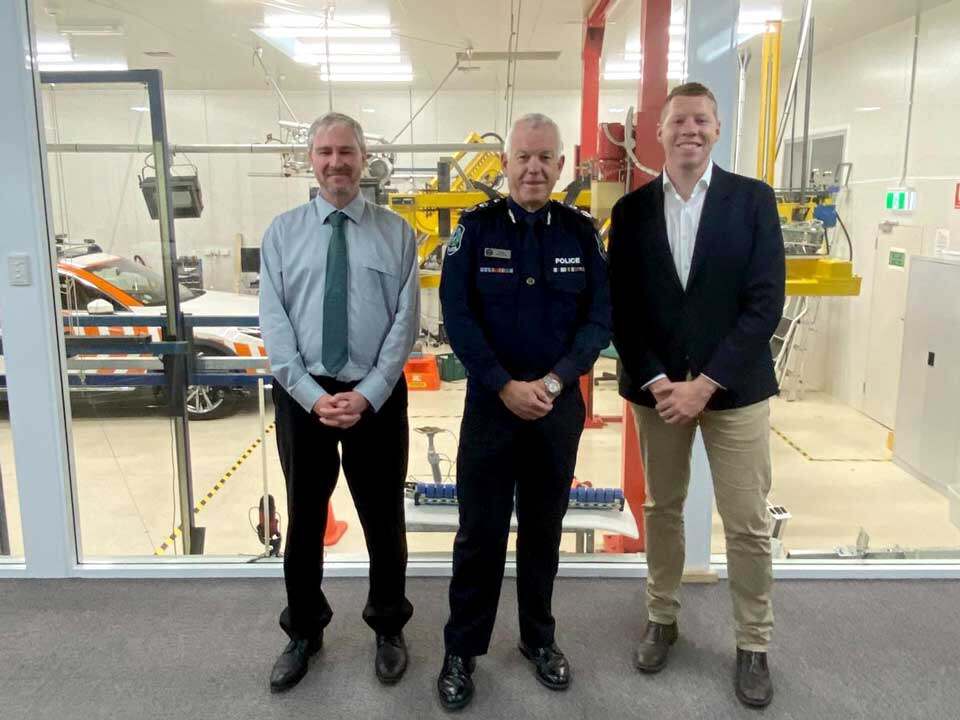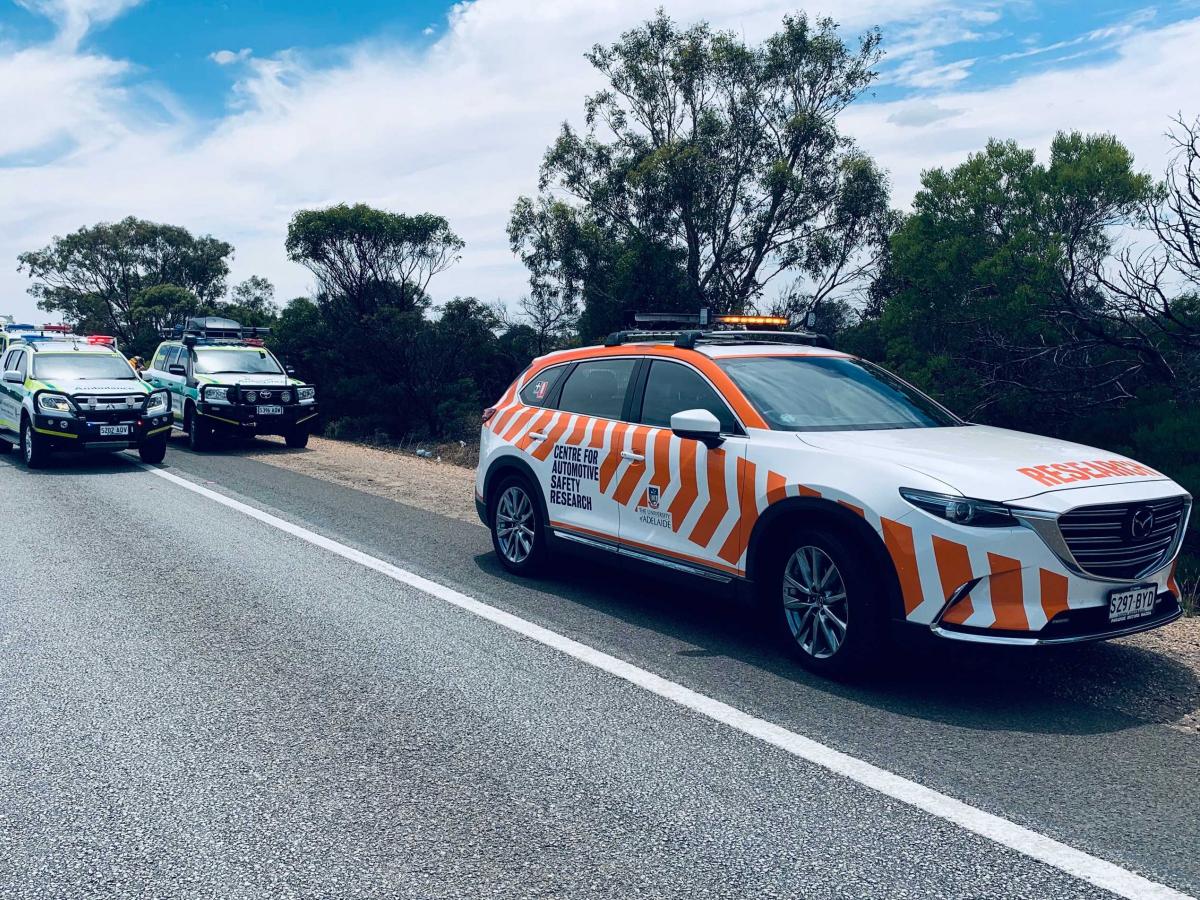Cost effective road improvement, Aboriginal road safety, improving road user behaviour, driver fatigue and benefitting from emerging technologies will be the priorities for the University of Adelaide’s Centre for Automotive Safety Research (CASR) over the next three years.


CASR is able to continue its world-leading road safety research thanks to a $1.5 million annual contribution until 2025 from the Government of South Australia.
It extends the partnership between CASR and the State Government to more than 20 years, having started providing independent advice and research on road safety initiatives since 2002 and continuing a long tradition of injury research dating back to the 1970s as the Road Accident Research Unit (RARU).
CASR Director, Associate Professor Jeremy Woolley said the financial support from the government would allow his organisation to add new tools to the road safety toolkit.
“Road crashes create a ripple effect through all our communities and sadly most of us will know of someone whose life has changed forever due to a split-second event,” Associate Professor Woolley said.
“Solving this problem is not impossible, but will take a sustained effort from governments, organisations and individuals to embrace the change required and no longer tolerate practices that place people at risk.


“There is nothing inevitable about injuries from road crashes, they are manageable and preventable.
“While we often focus on past trauma, we also need to consider that almost 1000 more South Australians are likely to be killed on our roads over the next decade unless something changes.”
CASR conducts road safety research across a variety of topics, including – road user safety, safe road infrastructure, safe speeds, safer vehicles, and understanding crash data.
Core activity for the multi-disciplinary applied research centre includes crash investigation, vehicle crash testing specialising in pedestrian collisions and data analysis and modelling.
The centre frequently collaborates with other researchers and is helping to build road safety capability locally, nationally and internationally.








































